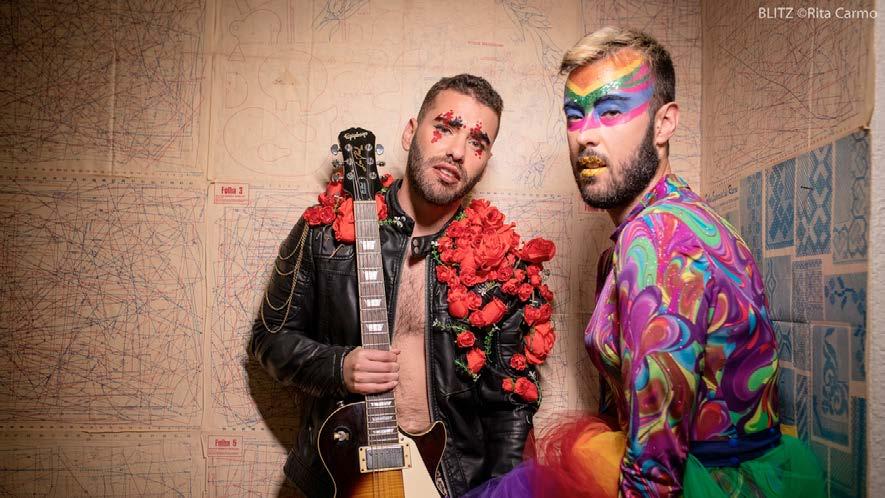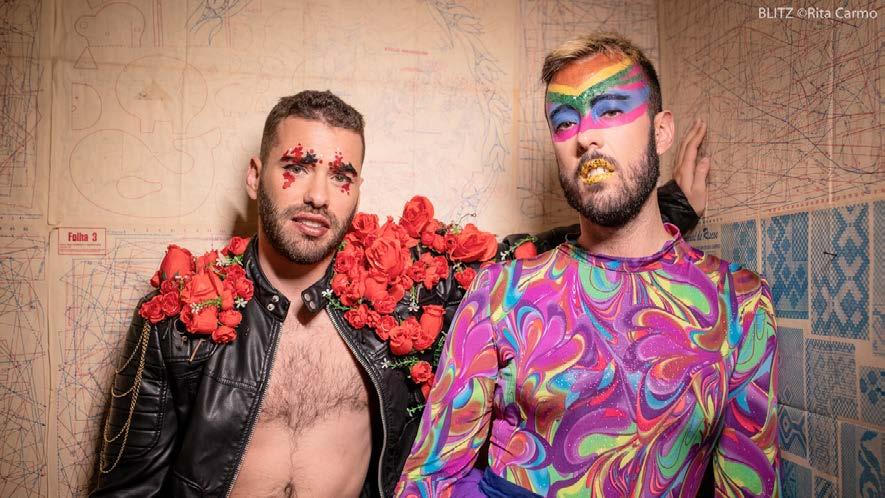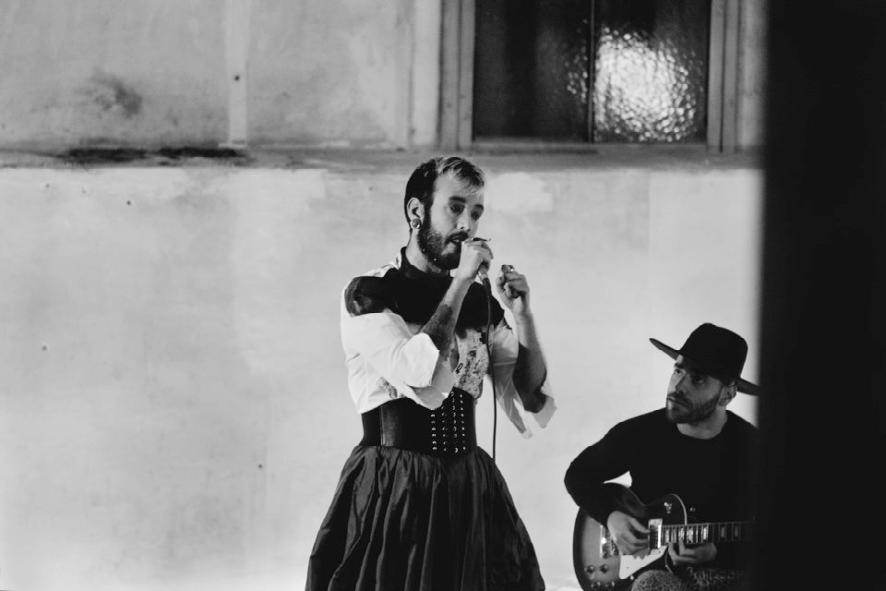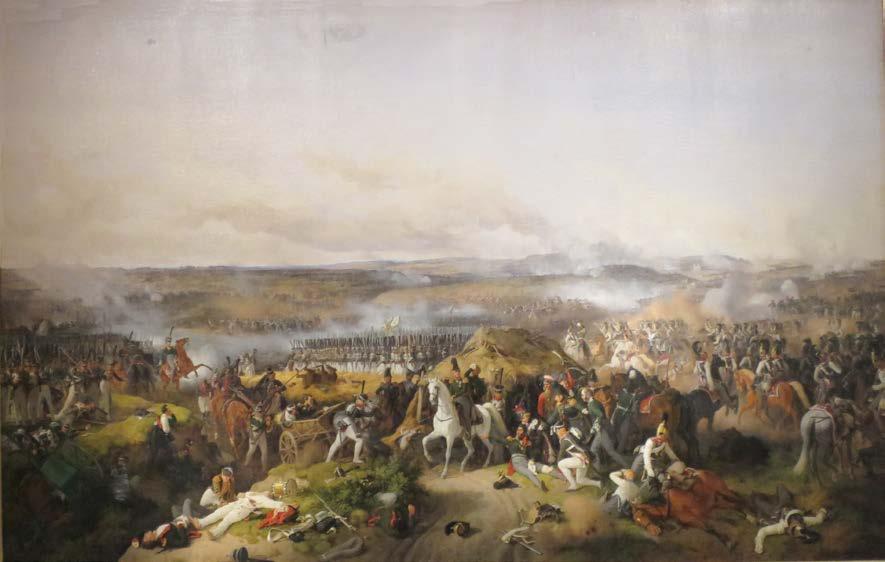
2 minute read
Fado Bicha
The reinvention of Fado, a tool for social and political intervention
by Inês Ribeiro
Advertisement
Fado is originally associated with social contexts marked by marginality and transgression. It only makes sense that a project like Fado Bicha exists. Considering that the LGBTQI+ community still embodies a social context marked by marginalization in our current time, the project creates a space for this community in the artistic field, revising simultaneously a very traditional and conservative music style.
Born in a popular setting in Lisbon, in the eighteenth century, Fado was present in moments of leisure and social gatherings. Manifesting itself spontaneously, its execution took place in or outdoors, in the gardens, on the streets and alleys, and in taverns. Often, the singers were associated with the figure of faia, someone from a lower social status, delinquent, with a rough voice, who often cussed and used slang. Due to this association of Fado with the most marginal spheres of society, a marked rejection by the Portuguese intellectuals was outstanding.
With the military coup on the 28th of May, 1926, and the subsequent authoritarian regime, several measures were implemented to censor public performances, press and other publications, causing Fado to undergo profound changes. The performers were stripped of any improvisational character and the process of specialization was consolidated, imposing strict interpretative models to be followed, which moved Fado further away from its original essence and the diversity of its original performative contexts.


On the left, João Caçador, instrumentation, and on the right Lila Fadista (artistic name) the singer.
©Rita Carmo/Blitz
Later, with the Carnation Revolution, on the 25th of April of 1974, the artistic field was freed from the oppression and censorship of the dictatorship. Nonetheless, the tightness and strictness of the ways to create Fado were kept. Due to this lack of openness and representation of minority groups, Fado Bicha took form, in 2017, and created a space on the artistic field, especially on Fado, for the LGBTQI+ community, raising important questions on the political sphere as well.
This is an activist and political project that uses music to create debate and awareness around institutional racism and the importance of representation, while giving voice to the narratives of the LGBTQI+ community in Portugal, which is still so invisible and marginalized.

- João Caçador, member of Fado Bicha.
© Francisca Veiga/Publico
It was envisioned mainly to deconstruct social and artistic barriers, targeting the persistent heteronormativity in the tradition of Fado by changing the lyrics of classic songs, presenting alternative narratives to traditional sexuality as well as a non-conforming gender identity. The name of the project wasn’t a fluke. The word ‘Bicha’ has a very negative connotation in the Portuguese language and a rather pejorative charge among the gay community, as it serves to specifically define ‘a feminine homosexual man’.
The ultimate goal of the project is also to honor the artists, fado singers and poets, who could never write explicitly and freely about their experiences as part of the LGBTQI+ community. Oftentimes, the lyrics and melody were used as a means to hide the true intention of the poem and song.










